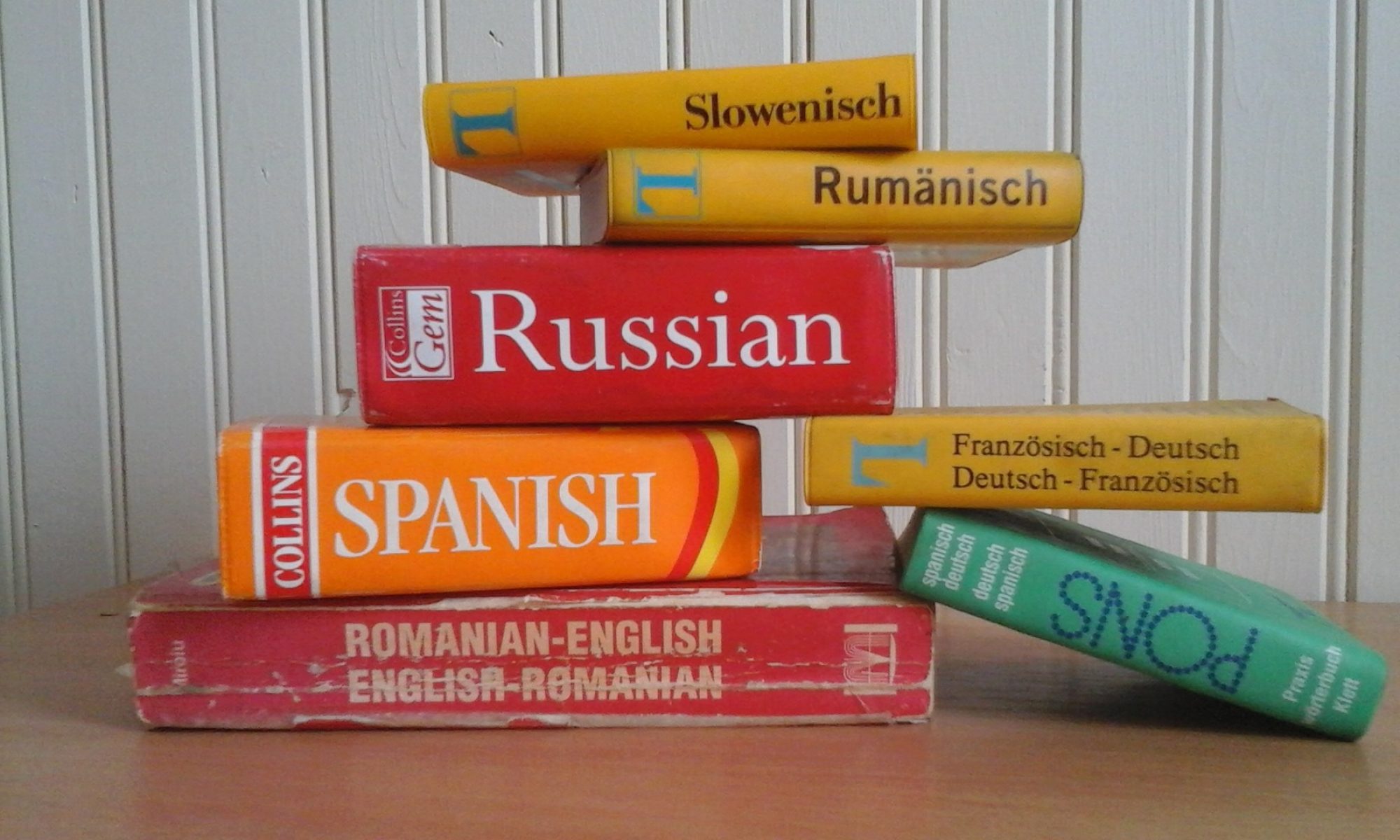The allure of ancient civilizations has long been a fascination for many, from the mystique of the pyramids to the enigmatic symbols on ancient artifacts. But what if there’s more to it than meets the eye? What if the secrets of the ancients hold the key to unlocking our understanding of chance and probability?
Unveiling the Origins of Fortune Telling
Fortune telling, in one form or another, has been a part of human culture for thousands of years. From ancient Sumerian diviners to Egyptian priests, the art of predicting outcomes was considered a vital tool for making important decisions and understanding the https://maskofamungame.com/ workings of the universe. But what drove this obsession with predicting the future? Was it mere superstition, or something more profound?
Archaeological evidence suggests that many ancient cultures believed in a interconnected web of energies and forces that governed the world. These forces could be manipulated through rituals, sacrifices, and other forms of divination to influence outcomes and gain an edge over fate. The Sumerians, for example, were known to have developed sophisticated systems of astrology, numerology, and augury, all aimed at understanding and harnessing these energies.
The Roots of Probability
But how did these ancient cultures understand probability? Did they truly comprehend the concept of chance, or was it simply a matter of superstition and guesswork? The answer lies in their observations of natural phenomena. Ancient Greeks, for instance, were known to have studied the movements of celestial bodies, recognizing patterns and cycles that governed the behavior of the universe.
Their understanding of probability was based on empirical observation and experience, rather than mathematical formulas. They recognized that certain events were more likely to occur due to the balance of opposing forces and energies at play in the world. This idea is reflected in the concept of "logos," or the rational order of the universe, which guided their decision-making processes.
Deciphering the Symbols of Fate
One of the most enduring symbols associated with ancient fortune telling is the Wheel of Fortune. Found on various artifacts and monuments throughout history, this symbol represents the cyclical nature of life and death, as well as the inexorable march of time. But what secrets does it hold?
In many cultures, the wheel was seen as a representation of the cosmos itself, with its intricate web of energies and forces governing human destiny. The symbols etched into the wheel’s spokes were believed to convey hidden messages about individual fate, offering clues for navigating life’s twists and turns.
One such symbol is the ouroboros, an ancient Egyptian snake that consumes its own tail, representing rebirth and renewal. This motif has been found on artifacts dating back thousands of years and continues to captivate modern audiences with its timeless appeal.
The Art of Augury
Another aspect of fortune telling, particularly prevalent in ancient Rome, is augury – the practice of interpreting omens and signs from birds, natural phenomena, and other sources. This complex system of divination relied on a deep understanding of symbolism and correspondences between the macrocosm (the universe) and microcosm (human experience).
Ancient Romans would often consult augurs to determine auspicious times for public events, such as wars, elections, or major construction projects. The interpretation of omens was believed to reveal hidden truths about human fate, offering guidance on matters ranging from business dealings to personal relationships.
Unraveling the Mysteries of Randomness
As we delve deeper into the world of ancient fortune telling, a fundamental question arises: did these cultures truly comprehend randomness and chance? Or were they merely attempting to impose order on a seemingly chaotic universe?
Recent research suggests that our modern understanding of probability is still in its infancy. The concept of entropy – the measurement of disorder or randomness in a system – has only been fully grasped in recent centuries. It’s possible, then, that ancient cultures approached probability with a more intuitive grasp than we often give them credit for.
Consider the work of mathematician and philosopher Henri Poincaré, who observed that chance is not inherently random, but rather arises from our own perception of it. This idea resonates with the concept of "participation mystique" – the ancient notion that humans are intertwined with the universe through a shared web of energies and forces.
The Enduring Legacy
As we continue to unravel the secrets of the ancients, one thing becomes clear: their understanding of chance and probability was far more nuanced than we often assume. While they may not have grasped the mathematical complexities that underlie modern probability theory, they certainly recognized the intricate web of energies and forces governing human destiny.
Their legacy extends beyond mere curiosity or superstition; it speaks to a profound respect for the interconnectedness of all things. By embracing this perspective, we can reclaim our understanding of chance as more than just an abstract mathematical concept – but as a deep, intuitive connection to the universe itself.
As we navigate the complexities of modern life, where every decision seems to carry weighty consequences and uncertain outcomes, it’s essential to remember that our ancestors walked this path before us. They may have lacked the tools of modern probability theory, but they possessed an uncanny ability to tap into the mysteries of chance – a talent that remains within us all.
Whether you find yourself drawn to ancient symbols or seeking guidance through the whispers of augury, one thing is clear: by embracing the secrets of the ancients, we can rediscover our own connection to the universe and unlock new perspectives on the mysteries of probability.
